
You’ve probably had moments when someone caught your attention for reasons you couldn’t explain. Then you realized it was the way they hesitated, or how they carried strength that didn’t come easily. Chances are, you’ve shown similar signs yourself. Let’s look at 10 subtle signs that reveal when hardship has left its quiet fingerprints.
Excessive Apologizing
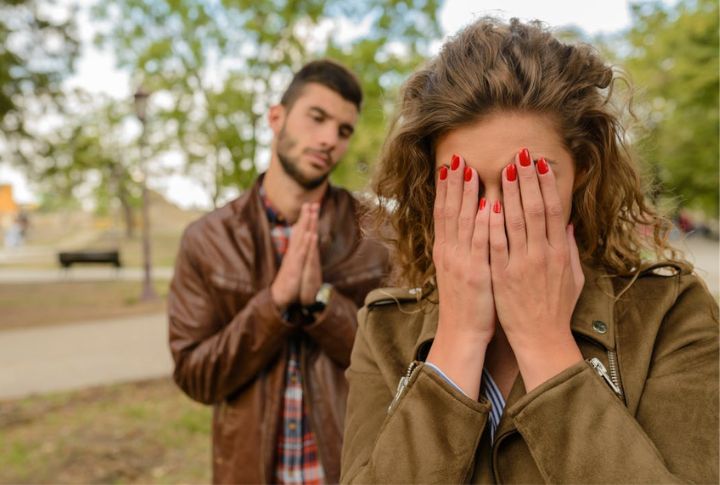
The constant stream of “sorry” from someone might seem like mere politeness. Yet excessive apologizing signals deeper emotional patterns, while its roots trace back to environments where mistakes brought negative consequences. This behavior typically develops as a protective response to avoid conflict.
Hypervigilance
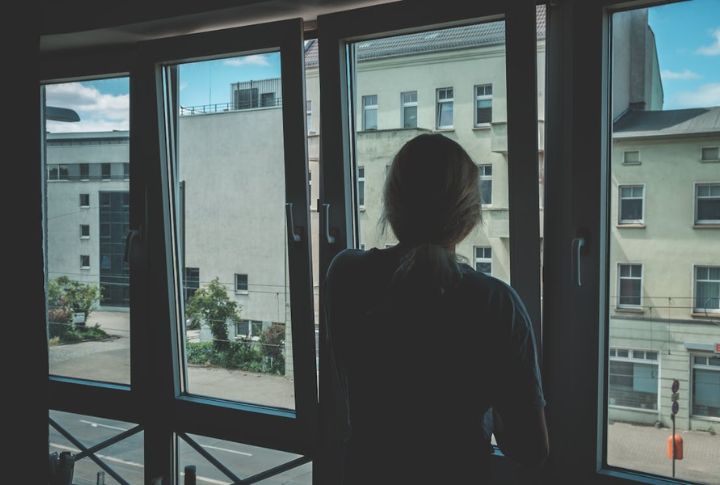
People who survived trauma usually scan rooms for exits and safe spots, demonstrating heightened environmental awareness. That vigilance also extends to sensitivity toward sounds, scents, and body language. Many even choose seats facing entrances, because their heightened alertness stems from past unpredictable environments.
Downplaying Achievements

Social celebrations should spark joy, yet some individuals remain oddly detached. Emotional numbing from unresolved trauma makes it difficult to connect with positive emotions. Meanwhile, those who downplay achievements often battle low self-worth and brush aside praise or positive attention.
Over-Preparing And Hoarding Essentials

Small actions reveal deeper patterns. Just like carrying extra items and creating detailed lists for basic errands can signal a need for control after experiencing trauma. This kind of over-preparation connects to safety-seeking behaviors, while decision paralysis and procrastination may also emerge from the same roots.
Hesitating To Ask For Help

Trauma leaves invisible marks on behavior, particularly in how people seek assistance. Many survivors withdraw from social support, constantly worried about becoming a burden. Their fear of rejection then creates barriers to asking for help, even during times of genuine need.
Masking Emotions With Humor

The quick joke-maker at parties might carry invisible weight. Sudden bursts of laughter or unexpected happiness can indicate the body processing trauma, and humor then becomes social camouflage. In fact, those who turn pain into punchlines may also be protecting themselves from deeper vulnerabilities.
Calm In Crisis, Anxious In Normalcy

Survivors usually manage emergencies with striking composure and effectiveness. Yet this crisis competence stands in contrast to how they approach routine situations. Outward calm in difficult moments masks persistent anxiety, leaving them more at ease in chaos than in ordinary, everyday settings.
Avoiding Attention In Groups

In gatherings, some survivors appear quiet, not because they lack interest, but because watchfulness feels safer. By standing slightly apart, they also minimize the chance of drawing unwanted focus. If you’ve ever hung back in a crowd, you know the reassurance that distance can bring.
Heightened Empathy Toward Others

Some people seem to notice pain before it’s voiced. Often, that skill comes from their own experience with trauma, which sharpens attention to subtle signals. Although their readiness to comfort feels natural, it’s grounded in lessons learned through hardship. It’s something you can recognize in certain interactions.
Reluctance To Share Personal Stories

Trauma teaches many to be selective about disclosure. They can appear engaged and present, yet reveal almost nothing personal. Instead, they turn conversations away from sensitive ground. This restraint signals both self-preservation and difficulty fully trusting others.
Struggling To Accept Gifts Or Kindness

What’s meant as kindness can sometimes feel like a weight. People carrying difficult experiences tend to sense obligation in gifts, even when nothing is expected. Emotional distance further makes it harder to process care, which turns generosity into a moment filled with confusion rather than comfort.
Meticulous Control Over Routines
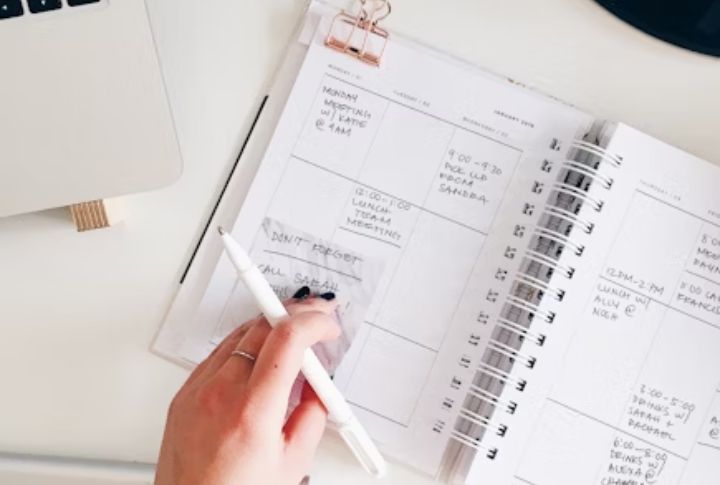
When daily tasks feel overwhelming, structure becomes a quiet defense. Predictable choices and rigid schedules create calm that offers relief from uncertainty. So, for those shaped by instability, repetition isn’t mere habit but a shield, carefully built to hold life’s unpredictability at a manageable distance.
Reflexive Self-Blame In Conflict

Trauma has a way to teach people to protect themselves through avoidance, and steering clear of painful memories or difficult conversations. That same history can surface in conflicts, where they instinctively assume blame. Even when fault isn’t theirs, this reflex reflects deep survival patterns shaped by wounds.
Becoming The “Problem-Solver”

When you’ve learned to carry everything yourself, independence can feel like survival. The resilience builds powerful problem-solving skills, but it also leaves little room for trust. Productivity fills the space where support might belong and disguises hesitation to rely on anyone else for help.
Strong Attachment To Safe Objects Or Habits
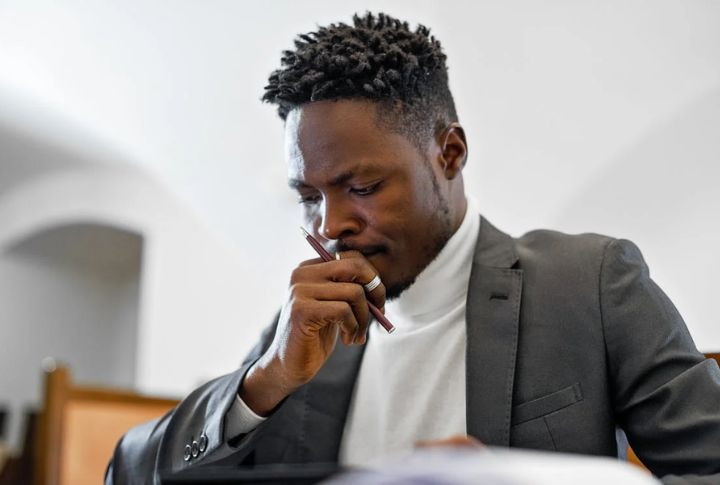
A favorite pen becomes more than just a writing tool for trauma survivors. Not only do such objects provide daily comfort, but they also anchor people against life’s unpredictability. Additionally, specific routines create stability that brings a sense of safety during challenging moments.
Subdued Body Language In Public
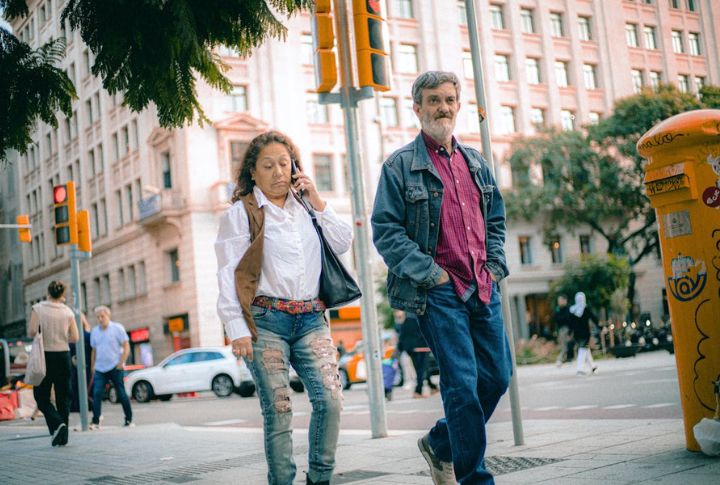
People who’ve experienced trauma adopt a quieter voice and minimal movements in public spaces. Beyond making themselves physically smaller, they may display subdued body language as a protective strategy. This unconscious behavior helps them avoid unwanted attention or confrontation while feeling safer.
Overthinking Everyday Interactions
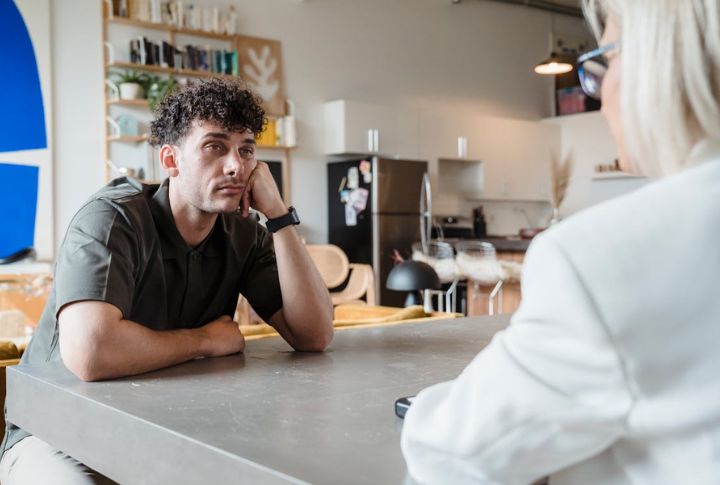
A simple exchange can feel heavier than it seems. For those carrying old wounds, intrusive thoughts interrupt concentration, making it hard to stay present. You may know the pattern: replaying conversations afterward and worrying endlessly about offending, even when nothing was wrong.
Restlessness In Quiet Moments

What feels like soothing silence to some can feel heavy to others. People carrying old wounds may find calm environments unsettling. Tapping fingers, shifting in place, or reaching for distractions are subtle signs of difficulty staying comfortable in calm surroundings.
Over-Explaining Decisions

A simple choice, such as where to eat or what to wear, may come with lengthy explanations. This tendency often stems from fear of criticism, where justifying every action feels safer than leaving it open to judgment. This pattern is easily recognizable in everyday conversations.
Avoiding Eye Contact

Some people look away quickly in conversations, not out of rudeness but self-protection. Sustained eye contact can feel too exposing, as if it invites judgment or conflict. By limiting that vulnerability, they maintain a buffer of safety, even in the most ordinary interactions.

